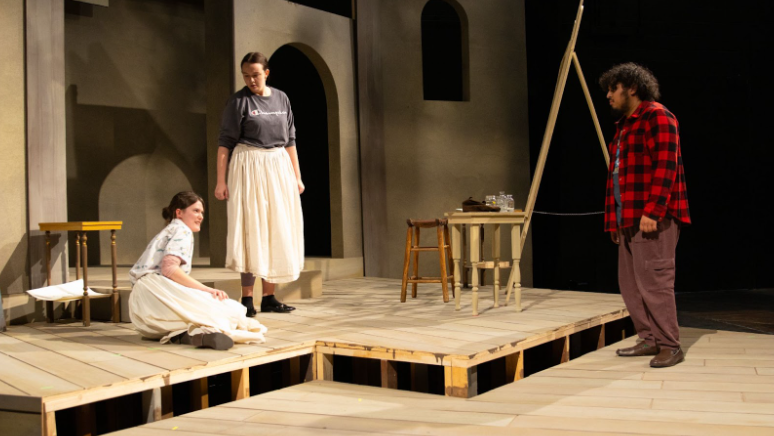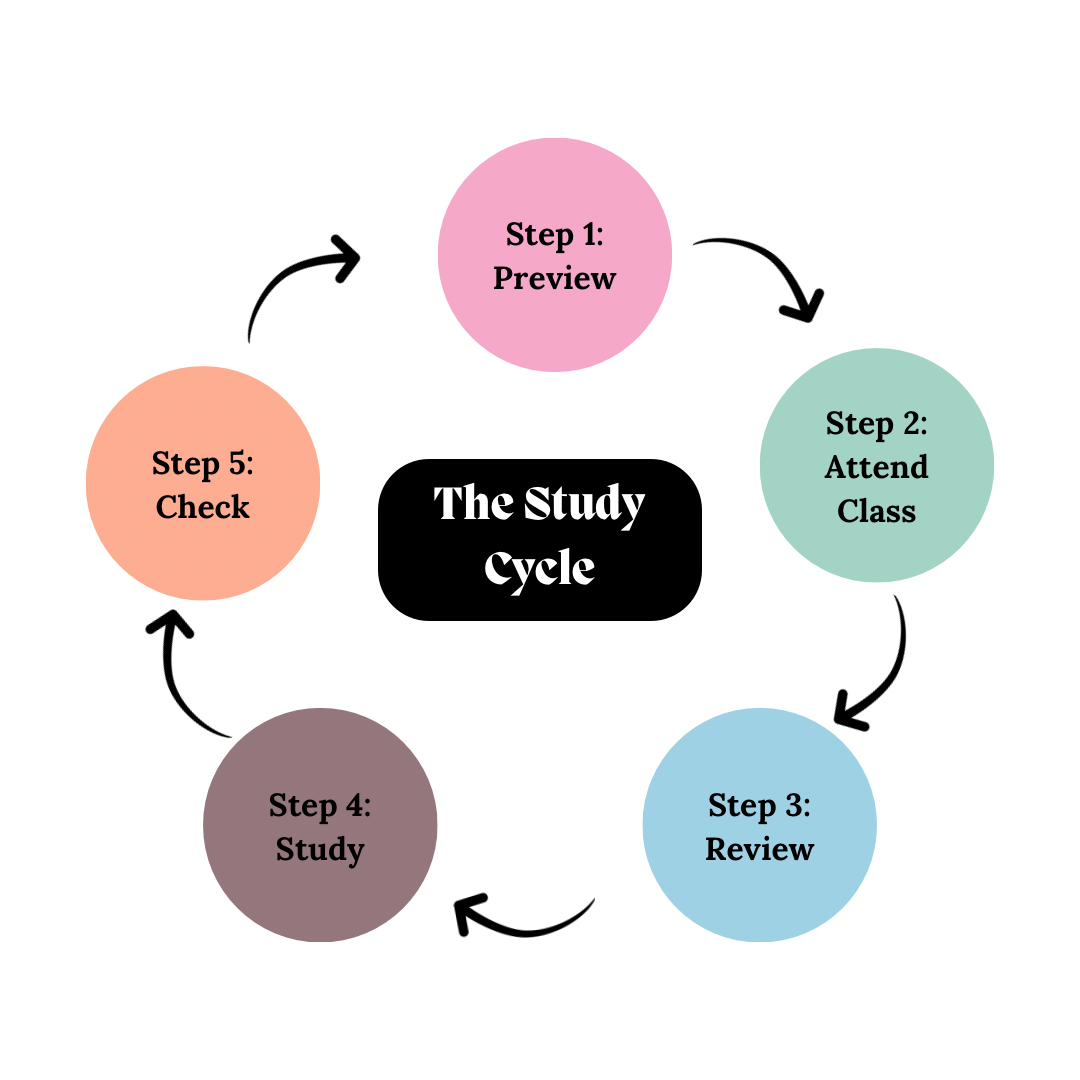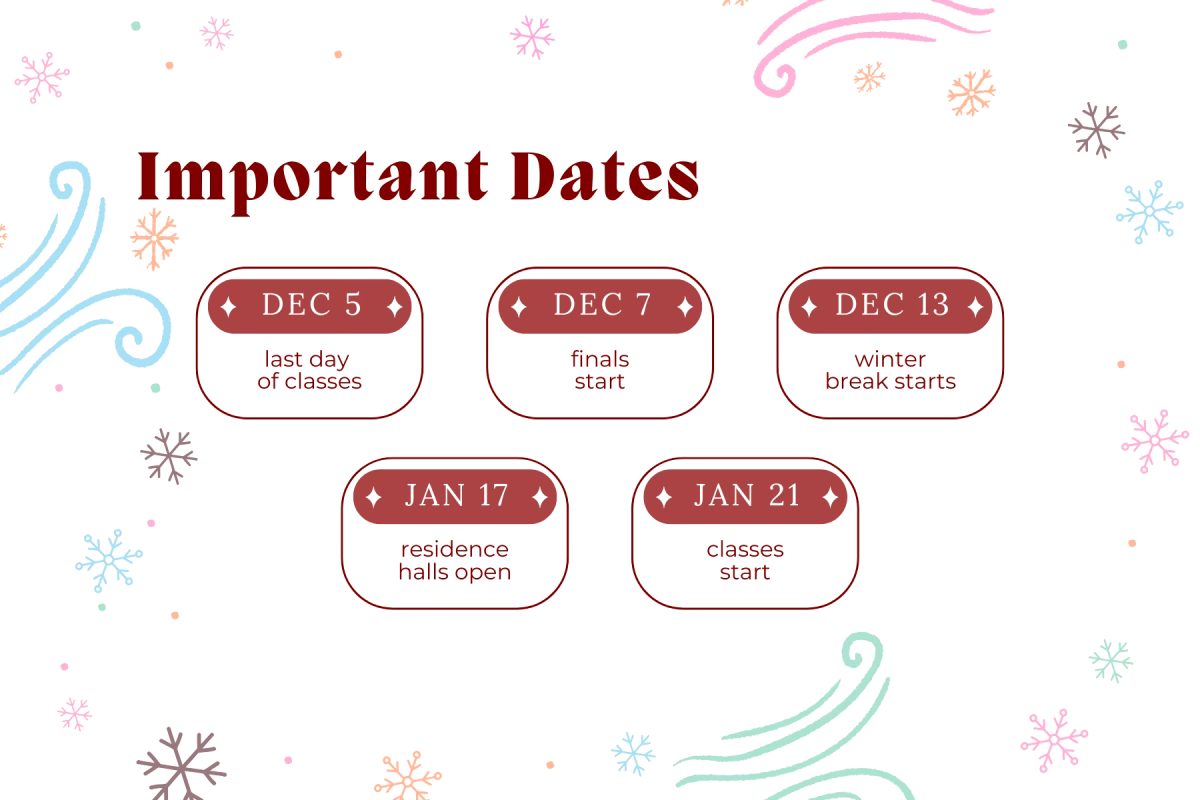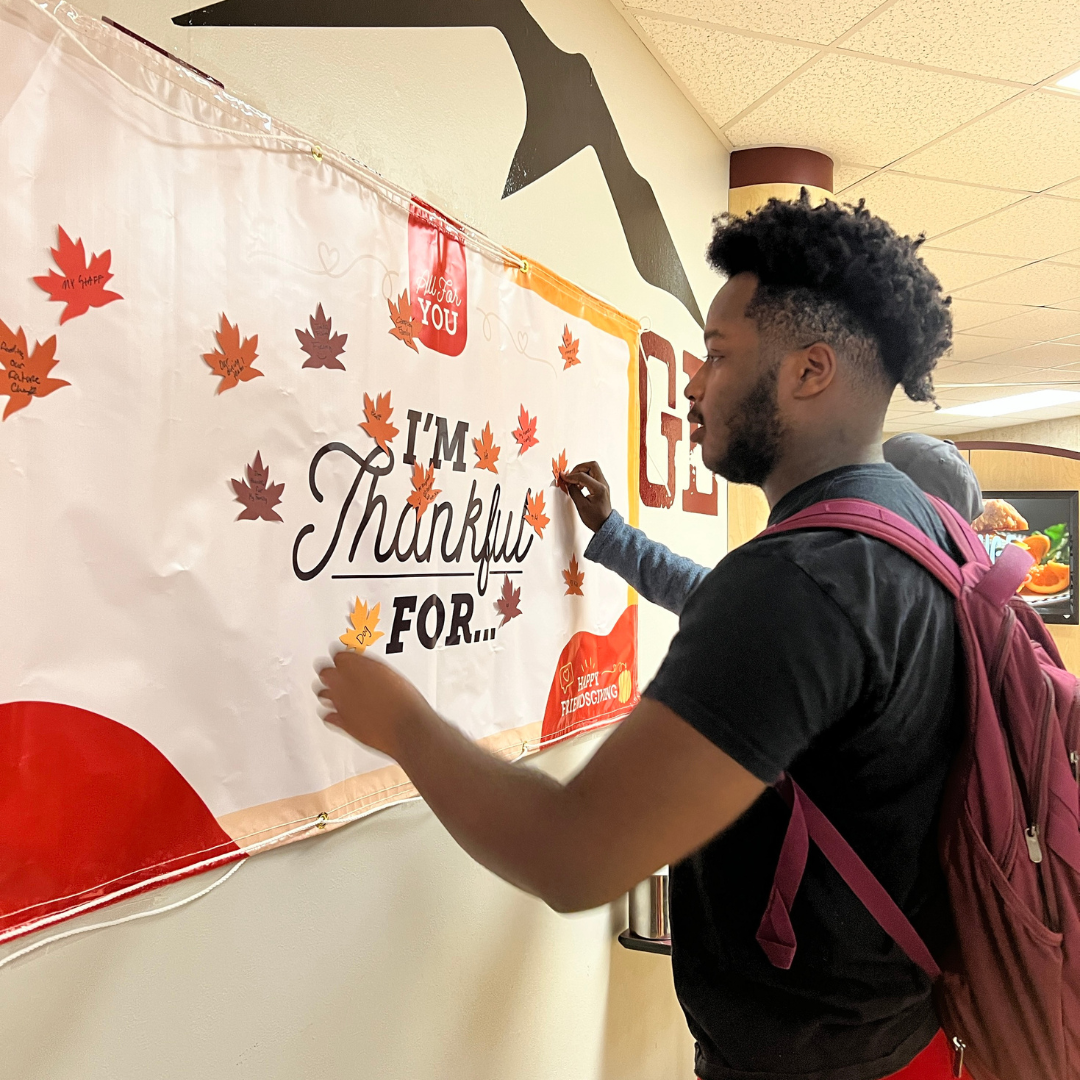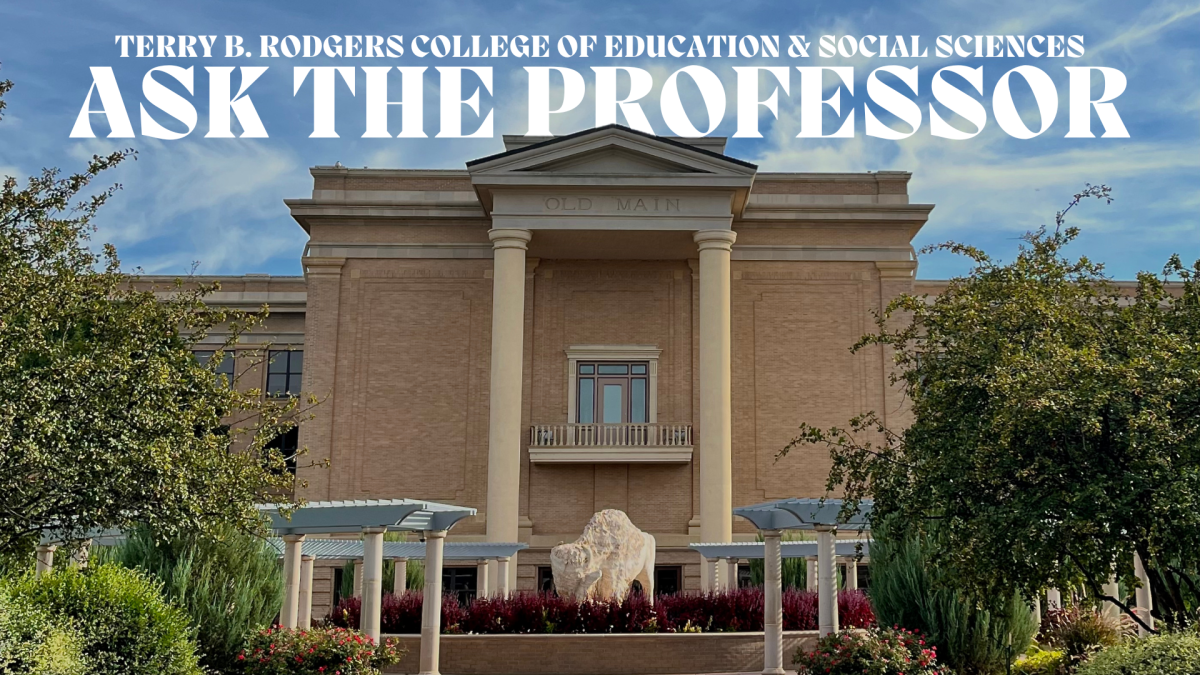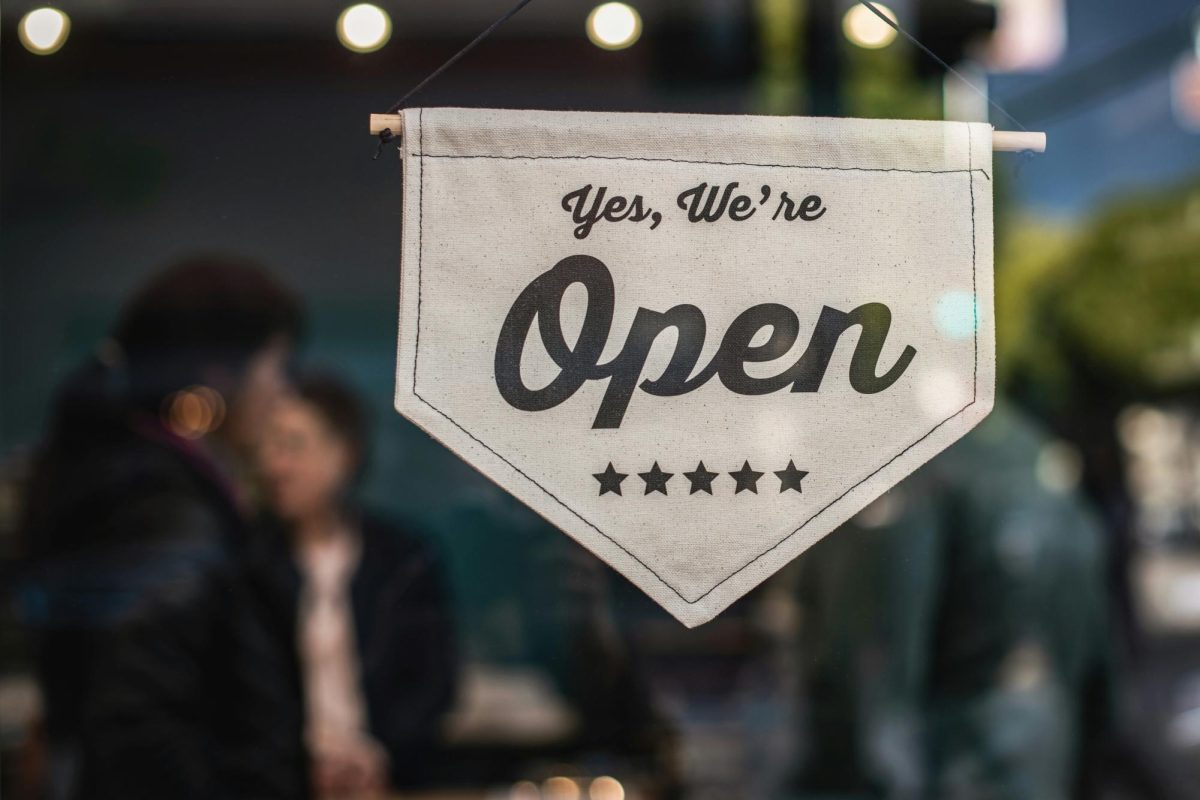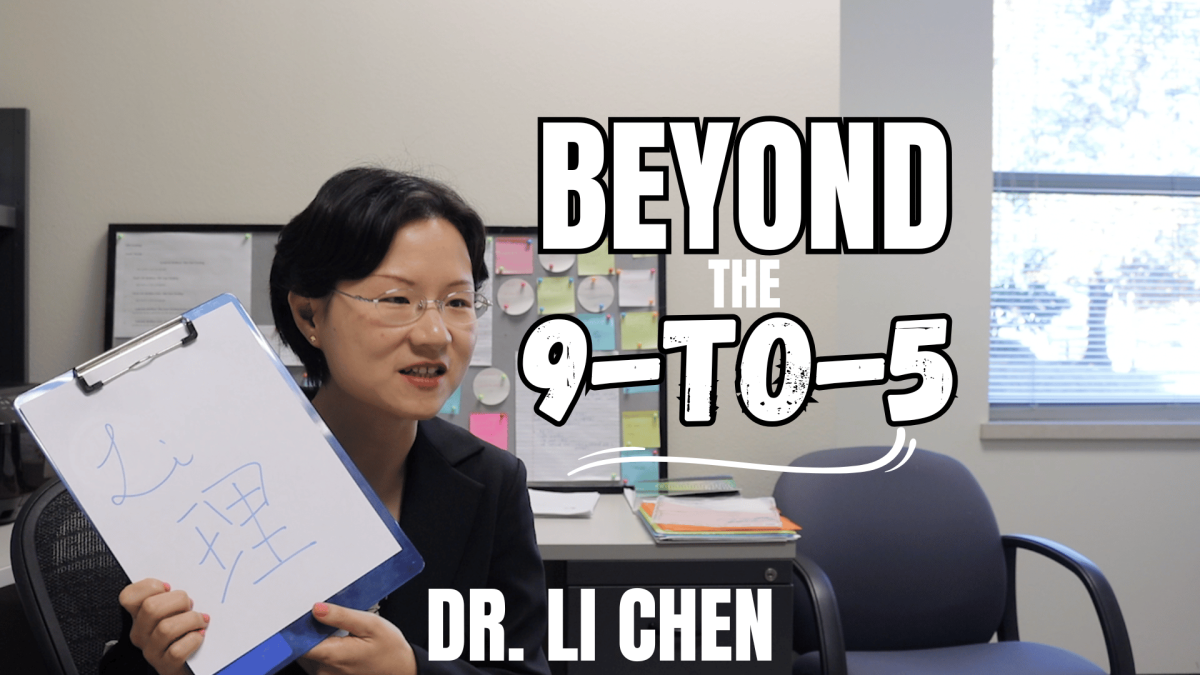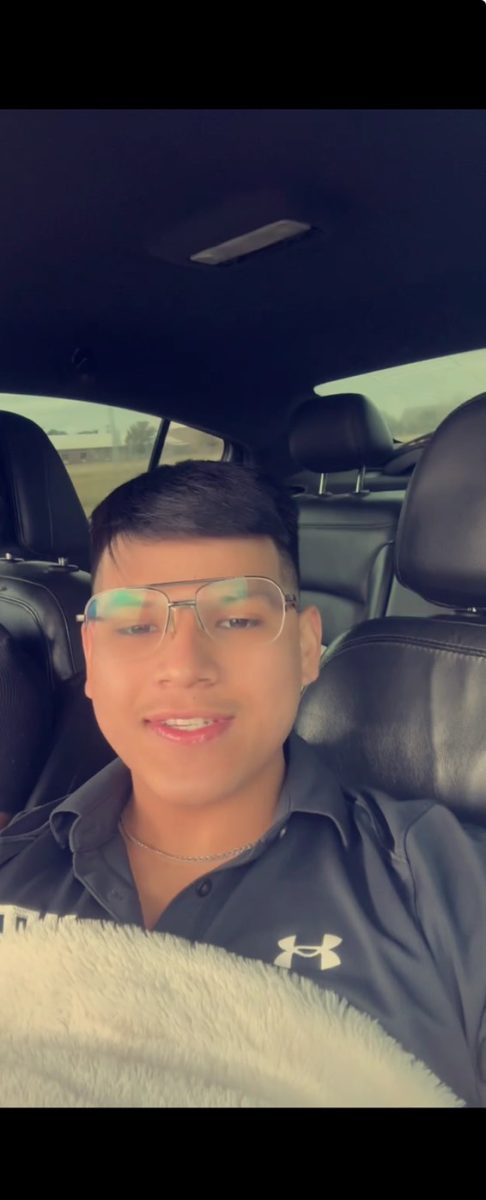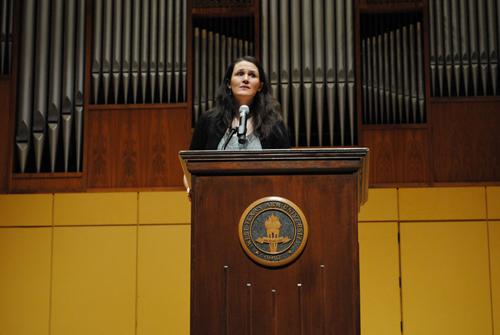
Liz Murray spoke at the Mary Moody Northen Recital Hall for Communication Week on Feb. 21. The Distinguished Lecture Series brought her in to talk about her experiences of homelessness and her journey to Harvard. Murray spoke with lots of emotion and a surprising amount of humor.
“I thought she was just so amazing and so real,” Amarillo resident Mikala Stephens said. “She has a very personal way of interacting with the audience.”
Initially, Murray started sharing her story with small groups of students in New York City schools hoping her story would be useful to them.
The response Murray received after sharing her story came as a shock to her. She said meeting Barbara Walters was when she realized her life was getting weird, and it would continue to get weirder from that point on. Murray started doing presentations for bigger audiences and did interviews with major news networks. Her story was the subject of the Lifetime movie called Homeless to Harvard: The Liz Murray Story.Two major components of her presentation were about what to do when you want to give up and how no one goes it alone.
Murray started telling about her journey beginning with when she was a child.
“I grew up in a place that is different than where we are today,” Murray said.
She grew up in the worst part of the Bronx in New York City. There were drug dealers and prostitution throughout the area. Murray said it was the place everyone wanted to move away from. It was a welfare community where most people survived on the check that came in a blue envelope on the first of every month.
“I knew exactly what was going to happen every month,” Murray said.
Once her parents got the check, they would spend about $35 on groceries and spend the rest on drugs. Eventually, the food would run out and they would get desperate. They would also go into the stairwell and smell what their neighbors were cooking and knock on the doors to ask for food.
“In one way, it was a tough neighborhood and in another, it was a wonderful community,” Murray said.
When there was no food, the girls looked for things that could be edible like toothpaste and cherry chapstick. Murray acknowledged that she loved her parents very dearly and she felt incredibly loved by them. Murray was devastated, but never angry with them. She said she believes that drug addiction is a disease and that her parents were sick.
“People can’t give you what they don’t have,” Murray said.



